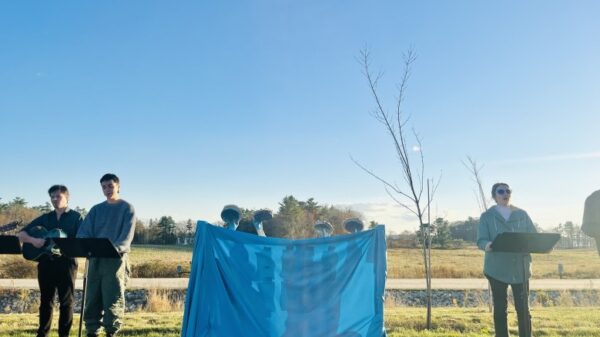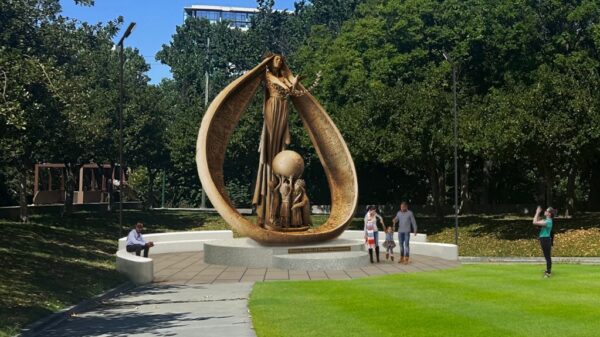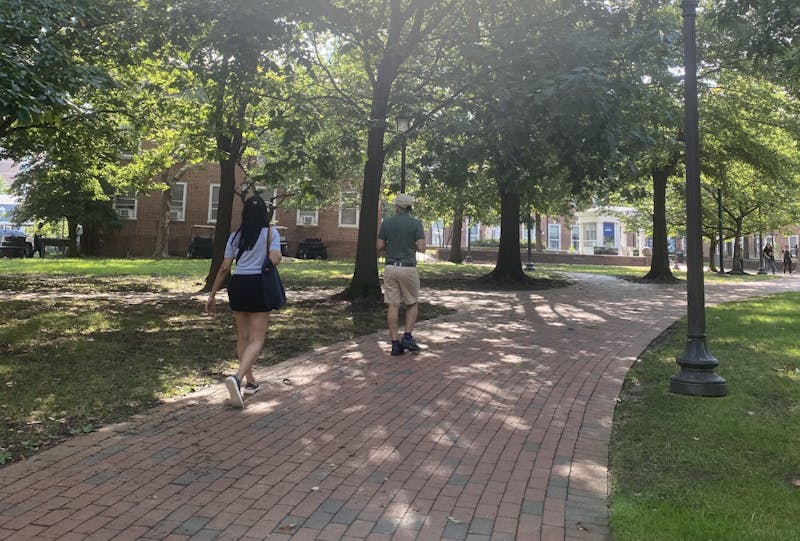As students transition into university life, many face unexpected challenges that can impact their emotional well-being. For Samika Jain, a freshman from Mumbai, India, the struggle with homesickness takes on a unique form, intricately tied to the complexities of time zones and distance. On November 9, 2025, Jain reflects on her experiences of feeling disconnected from her family while attending school in Baltimore.
Feeling the Distance
Jain describes her first encounter with the “freshman blues” as she navigates the significant time difference between her new home in Baltimore and her family back in India. At 7 p.m. in Baltimore, it is 5 a.m. in Mumbai. A simple text from her mother, featuring a photo of her morning cup of chai, serves as a reminder of home. “She just wants me to see something familiar,” Jain notes, illustrating how small gestures can carry profound emotional weight.
Another poignant moment arises when Jain video calls her father, who has decorated their balcony with Diwali lights. Despite the grainy connection and intermittent Wi-Fi, the sounds of celebration from her neighborhood resonate with her, contrasting sharply with the quiet of her Baltimore nights. The vast distance is not just geographical but also temporal, forcing Jain to measure “home” in hours rather than miles.
Initially, Jain attempts to bridge this gap by adjusting her schedule to fit both her new life and her family’s routines. She keeps two clocks on her desk, symbolizing her desire to inhabit both spaces simultaneously. Yet, she soon realizes that this juggling act is impossible. “You learn to let time do its thing,” she reflects, acknowledging the emotional toll of living out of sync with loved ones.
Building New Connections
The guilt of missing important moments, such as not being able to wish her sister good luck before an exam, weighs heavily on Jain. This small tradition had been her way of staying connected, despite the distance. Jain describes the loneliness that creeps into her daily life when she is unable to share experiences with her family, such as family dinners that occur during her classes or celebrations that unfold while she studies.
Rather than simply missing a place, Jain discovers that homesickness is often about yearning for a specific time. She learns to embrace a new sense of belonging in her college environment, one that operates on a different clock than her family’s life back in Mumbai. This adjustment involves accepting the reality of “unfinished moments” — missed calls, late replies, and celebrations witnessed only through screens.
Despite the challenges, Jain emphasizes the importance of forgiveness in maintaining her relationships. “Being far away doesn’t mean you’re any less present in the lives of the people who matter,” she states. This sentiment reflects a deeper understanding that connection can transcend physical distance.
As she walks back from Gilman Hall in the evenings, Jain often stops to watch the sunset, feeling a sense of unity with her family. “For a brief second, the world feels folded in half,” she describes, as she visualizes her parents witnessing the same vibrant colors 10 hours ahead. In these moments, she finds solace in the idea that, despite the miles and time zones that separate them, she can still feel connected to her loved ones.
Jain, who is majoring in Molecular and Cellular Biology, continues to navigate her freshman year with a blend of resilience and vulnerability. Through her column, she shares these reflections, holding onto the memories of home while learning to embrace her new life in Baltimore. Ultimately, her experiences resonate with many students who face similar challenges as they embark on their own journeys away from home.






































































